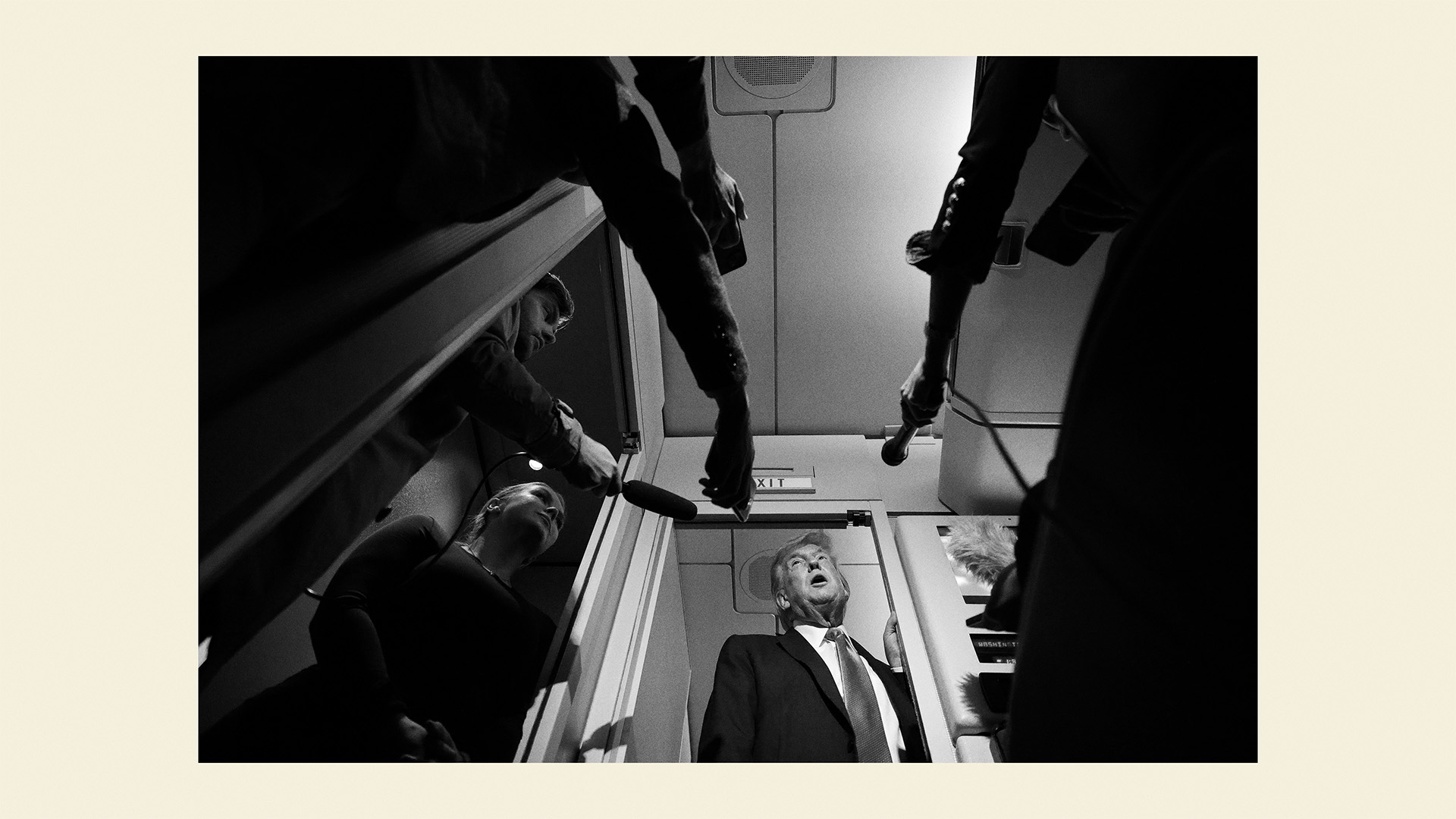For as long as anyone can remember, German governments have vowed to cut red tape. Bürokratieabbau, we call it. Under Angela Merkel and Olaf Scholz, even laws were passed to that end.
Spoiler: it never happens. Quite the opposite. Each new administration adds fresh layers to the regulatory lasagne. We’ve now reached a tipping point: businesses are shutting down because they’re drowning in forms and supply chain diligence, which is demanding enough when issued in Brussels, but is nearly always gold-plated in Berlin.
So when the chancellor, Friedrich Merz, pledges – this time for real! – to deregulate, the public response is a collective eye-roll. The fact that he’s launching a brand new ministry – the Bundesministerium für Digitalisierung und Staatsmodernisierung (BMDS, not to be confused with BDSM, although the overlap in pain levels is striking) – raises a simple question: since when did creating more civil service posts become the way to trim the fat?
Don’t get me wrong. Bureaucracy has its place. In a rules-based society, it ensures fairness and order. But in Germany, we’ve turbocharged the worst-case version. It’s as if someone watched Yes Minister, nodded thoughtfully, and decided to make it constitutional.
You may be thinking: “Well, the UK has its own bureaucratic nightmares.” Fair point. But I challenge you to beat some of our greatest hits:
Social welfare: a former minister, now devoted to unclogging the system, recently found the case of a single mum whose elderly father needs care. She is entitled to more than 10 different benefits based on four different income models, across five federal ministries, handled by eight separate offices.
Overall, these five ministries are responsible for around 170 social services, administered by almost 30 authorities using different terminology and implemented in 16 federal states with 400 local or regional authorities, not always in the same manner.
Sure the UK is up for the challenge?
Infrastructure: replacing a dilapidated bridge? Not so fast. Instead of redoing something that already existed, a cumbersome Planfeststellungsverfahren – “planning approval procedure” – is needed, respecting the concerns of every natterjack toad in the county.
Recruiting: a hotelier in Schleswig-Holstein spent thousands of euros to have Thai massage diplomas translated, only to have the work permits denied – because, obviously, German officials know more about the proper massage curriculum than Bangkok authorities. He sued, and won. Luckily.
Construction: normal people with normal incomes cannot build a normal home. One reason: a plethora of norms out of the normal. Ceilings, for example, need vastly more armoured concrete than those in France or the Netherlands. Another standard requires 11 sockets in an 11 sq metre room. Kitchens need 18. Ignore it and risk legal liability.
Small business: a village butcher did everything by the book. Logged temperatures of every deck in his many multideck fridges twice a day, printed out every cleaning rota of the cutting machine and even the coffee machine.
But when a health inspector asked him to construct a roof over the 10-metre gap between his cold room and the shop’s back door – to protect vacuum-packed meat from open-air germs – he capitulated and closed shop.
Public transport: the Hermann Hesse Railway near Stuttgart was supposed to be up and running in 2018 – on its existing old tracks. Easy, right? Wrong. Six years later, it’s still shut. Instead, officials are busy building bat hotels. The endangered animals had settled in a train tunnel along the way. There is now an extra wall in the tunnel and a special entrance for bats, aided by ultrasound, to prevent bloodshed. The cost? Up from €40m to €180m. Bats got €80m of that.
Even if you love animals, it’s hard not to see the decadence in this. And by now you may understand that some Germans, sotto voce, start to think fondly of Elon Musk, chainsaws and Doge.
But there is hope. A band of seasoned experts – ex-ministers, former judges, and an industry captain – have formed an “initiative for a capable state”. Their 72-page report includes the revolutionary suggestion that the Bundesrepublik should approach citizens and businesses with a little thing called trust. Merz says he’ll take their advice on board – his government plans on saving the equivalent of £21bn by deregulating.
Though ideally not with a task force, a pilot project, a white paper, and a three-year consultation. Just a thought.




